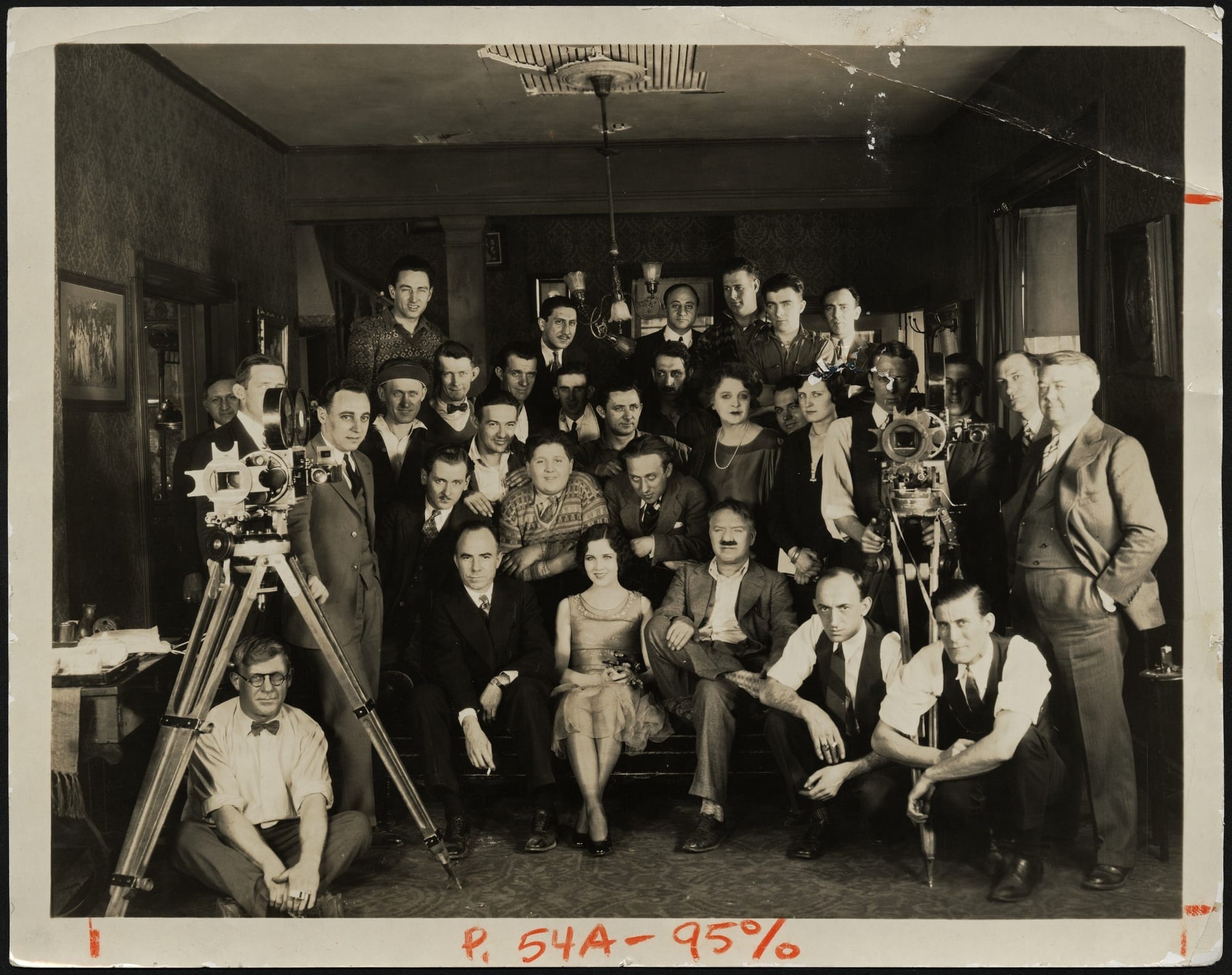By Sofia Lambis, News Investigations Editor
Celebrating its 20th anniversary, Bristol’s Slapstick Festival returned to delight audiences for another year. Epigram was kindly invited to watch W.C Fields’ iconic silent film Running Wild (1927) at the Watershed as part of the festival. Known for his wit and acting roles in the ‘talkies’ (sound films) W.C Fields’ earlier silent comedy Running Wild remains an entertaining and surprisingly relatable watch.
Before showing the film, host Andrew Kelly spoke to Fields’ only granddaughter Dr Harriet Fields via zoom. Calling in all the way from Washington DC, Dr Fields gave a moving account of her late grandfather’s life and her role in maintaining his legacy. She discussed the unique nature of Fields’ career as an 18 year old in New York City, getting the opportunity to travel around the world until 1915. In a career that clearly bustled with activity, Fields would spend the day taping silent films and in the evenings star on Broadway. Later, his stage routines became talking films.

Calling her grandfather’s comedy ‘timeless’, Dr Fields stressed that ‘art is in comedians too’ because ‘humour speaks to the human condition.’ She detailed the many fights between W.C Fields and director Gregory La Cava over Running Wild, mentioning that although they remained friends all their lives they never worked together again!
The hour-long film follows a day in the life of Elmer Finch, a man disrespected by his colleagues, criticised by his wife and stepson, and completely unwilling to stand up for himself or his daughter. Aside from a couple of Laurel and Hardy shorts, I’d never watched a long silent film before, and wasn’t sure what to expect. But any qualms I had about being entertained by a film without sound were soon dispelled.

The film is instantly funny - opening with the inter title: ‘There’s one inventor who should’ve been boiled in oil’. Before focusing on an alarm clock. Almost 100 years later this sentiment is still relatable. It was surprising how much they were able to convey without the use of sound. Thanks to the intricacies of Fields’ own acting as well as incredibly detailed set design, Elmer Finch’s eccentric character is easily communicated. He carries a wishbone in his pocket, refuses to step on cracks and waits to be shown across the road with the children.
Arriving safely at his work Elmer promptly impersonates the sales manager, sets off a firework and scares away a client. His future son in law’s attempt to secure Elmer his first promotion in 20 years falls flat, and a toy donkey with a nodding head provides a fitting mirror to Elmer’s general disposition. But that all changes when Elmer walks into a magic show and is hypnotised into believing he’s a lion. Suddenly he’s crashing board meetings, buying his daughter a new dress and throttling a crooked business owner. Imbued with a newfound confidence, Elmer’s finally able to confront the people who’ve spent the entire film walking all over him. Elmer’s lion sequence, although repetitive, never lost its humour. Each time he raised his fist in absurd triumph and proclaimed himself to be a lion the audience roared with laughter.

Daan van den Hurk added to the performance with a live piano accompaniment all the way through - a feat that became even more impressive when I realised he was improvising. With its relatable jokes, repeating gags and absurd plot line Running Wild remains a brilliant watch almost a century later.
Be sure to catch @slapstickfest when it comes around next year!







